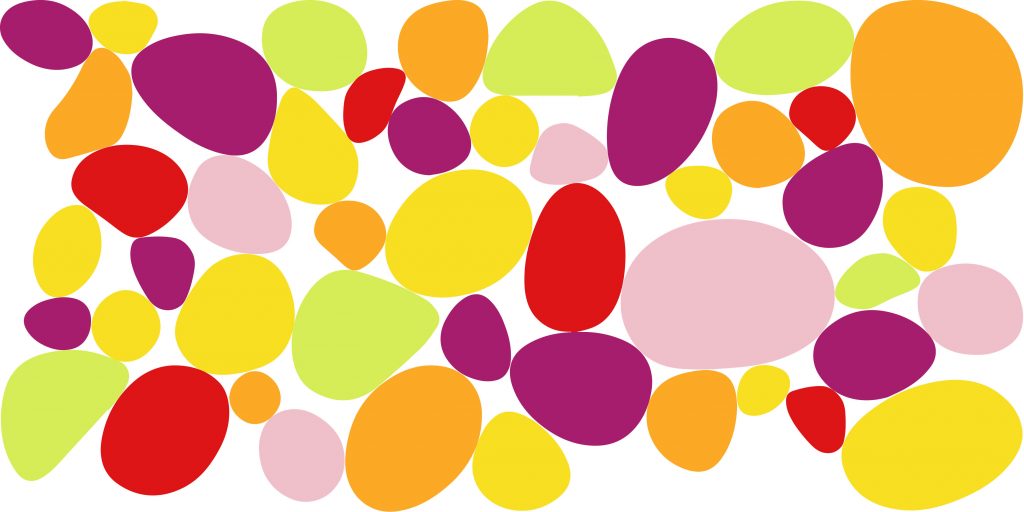By Federico Lubrani, Slow Food Glasgow

Snubbed and then forgotten, considered a symbol of a past linked to poverty, beans are instead the food of the future.
They require less water and energy than other crops and increase soil fertility, reducing farmers’ dependence on chemical fertiliser. It is no coincidence that the United Nations’ Food and Agriculture Organisation established a World Pulses Day, which falls on the 10th February, recognising the potential of pulses to help achieve the UN’s 2030 Agenda for Sustainable Development.
Beans – a grain member of the legume family – have come a long way. Originating in different parts of the world, and over millennia, moved around by people, they have adapted to the climate and land in which they’ve found themselves. Beans have been cultivated in different regions of the globe and become an important part of local food cultures. They have also become a symbol of cultural identity, with some communities even hosting festivals dedicated to them.
However, during periods of economic prosperity and urbanisation, legumes have been neglected as remnants of the peasant past. Across the countries of the European Union, grain legumes have fallen to only 2.2% of the arable area. This is a pattern repeated in Scotland, with legumes representing just 0.4%.
What does the future hold for beans in Glasgow? Well, that depends on us. Leaving aside for a moment the omnipresent tins of baked beans on supermarket shelves, let’s ask ourselves: how many types of beans do we eat? Probably just a very tiny proportion of the 18,000 species of legumes growing across the world. Obviously, there’s no obligation to eat them all, but there’s a lot out there to explore and enjoy.
But where to look for recipes? The easiest way is to browse online, but we can do even better by asking for suggestions from the people that live in our diverse community here in Glasgow; a melting pot of different food traditions. We’d get to hear the full story behind a dish – a personal story!
Within the Slow Food community we have adopted a way of doing things which focuses on the human and environmental aspects of food. This brings people together to share and appreciate food and reflect on its significance.
The Slow Beans network was set up in 2010 to bring legumes back into our kitchens. In its manifesto, it outlined the importance of promoting “relationships, exchange and solidarity”. A series of initiatives was set up by the network, from the international Slow Bean event that takes place in Italy, to ‘Let it Bean’, an international collaboration between Slow Food, Meatless Monday and the Johns Hopkins Center for a Livable Future, aimed at promoting legumes as climate-friendly foods to municipal authorities.
When we decide how and what to bring to the table, we also choose what type of economy we want to support, and whether and how we want to protect the environment and defend workers’ rights. It’s a small revolution that we can take forward without too much effort: we just need to ask ourselves where the food we eat comes from and how it was made. From these premises we decide what to eat. Beans are the first step towards this change.
So, to borrow an unfortunate phrase, let’s make beans great again and include it in our larders, restaurants and canteens. They are sustainable, cheap, nutritious, versatile and linked to all culinary traditions. What better way to start the bean revolution than with a conversation?